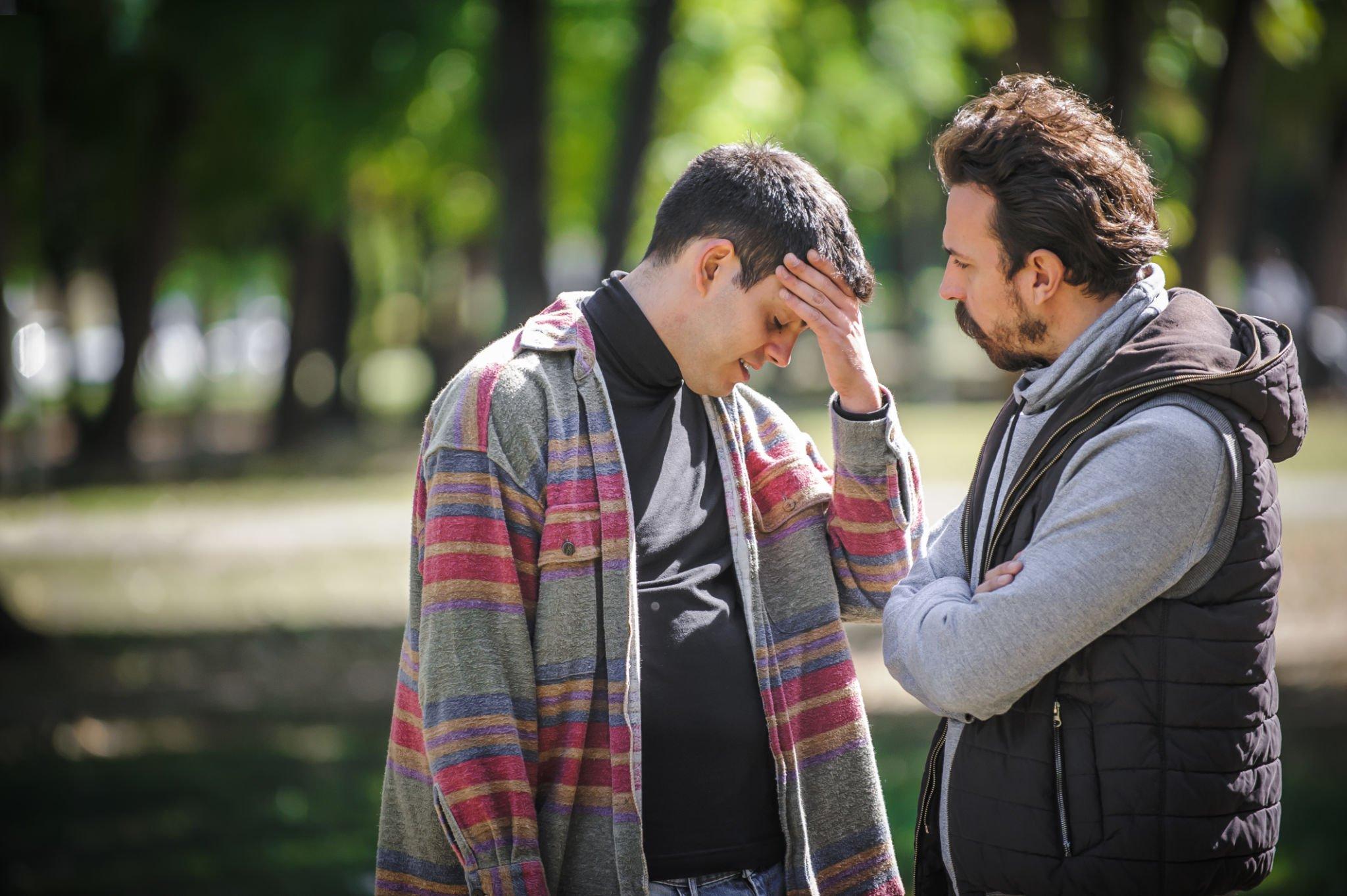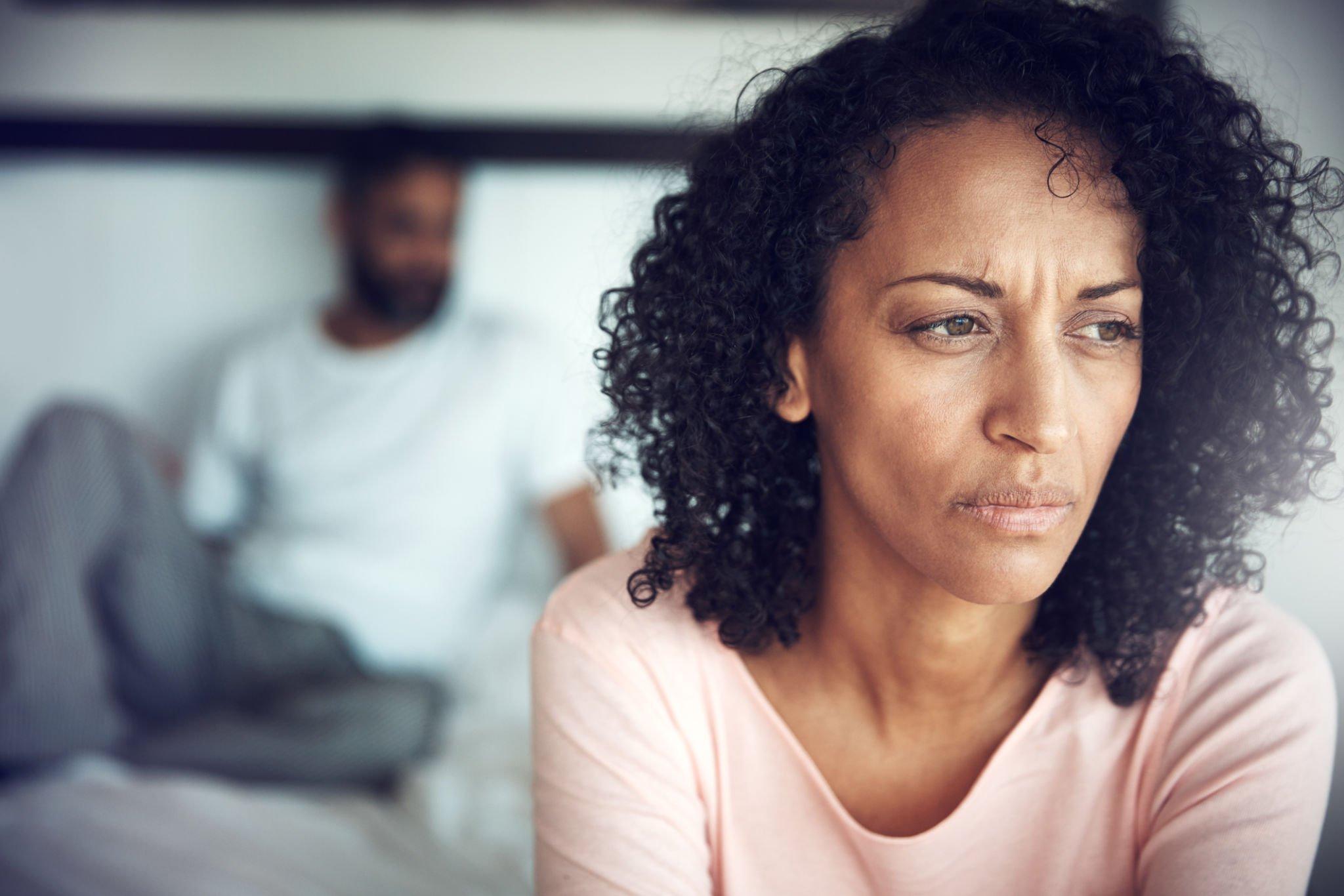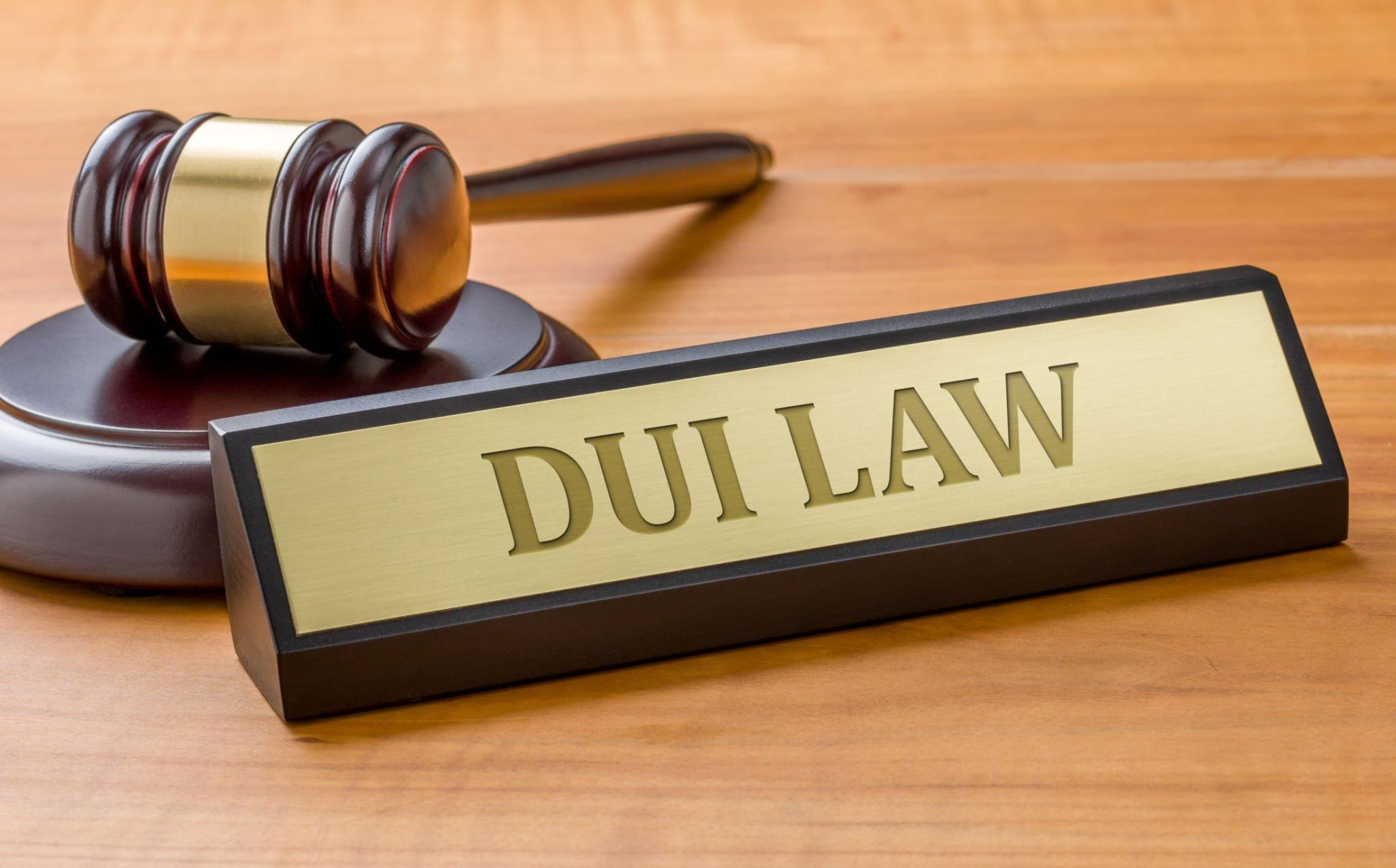When you hear about partner abuse, the very image flashes in your mind of a man harming a woman physically. It is a typical vision people have about domestic violence. Intimate partner violence can differ from the vision people have of it. Even if you skip the physical harm still, domestic violence causes unbelievable long-lasting hurt to a victim.

Any person can be an abuser of Intimate partner violence. It does not restrict the common stereotype people have about it. In fact, people in LGBTQ+ relationships are approaching a domestic violence lawyer for help. You can contact Spartacus Law firm for assistance in case of Intimate partner abuse.
The team of experienced domestic violence attorneys of Spartacus Law firm can create a defense strategy on the basis of your specific circumstances. Partner violence in LGBTQ+ relationships happens, if not as frequently as in heterosexual relationships.
The statistic of the LGBTQ+ community looks gloomier than other cases of partner violence looks. According to the data, 61.1% of bisexual women and 43.8%of lesbians are recipients of sexual abuse, physical violence, and face stalking by a partner at some point, whereas 35% of heterosexual women have to go through all this.
Only about 26% of men call the police for near-lethal partner violence. Less than 5% of people in LGBTQ+ relationships seek protection orders from the count in case of domestic violence. Only 11% of them report intimate violence cases involving a weapon. These statistics are shocking, and the worst part is even in such a dire situation, they are not seeking any help.
Do you know what makes them suffer the abuse silently without seeking help from the police or an attorney? In this article, you will read about what is preventing them from seeking help and what you can do if you or someone near you is facing a similar problem.
Reasons preventing them seek help

There are many barriers preventing a victim from seeking and receiving help in an abusive situation. LGBTQ+ victims of intimate partner violence face all those hurdles. However, they potentially face many additional hurdles to receiving assistance as well. Check out this list of barriers.
- Fear of coming out
- Gender-based stereotypes
- Fear of the social bias
- Deficient legal protection
There is nothing much to say here, as everyone is well aware of how people look at LGBTQ+ relationships.
What to do in an abusive situation?
You are in an abusive LGBTQ+ relationship, and you have not approached the authority. Here is what you can do to get the care you desire and deserve.
Many people look for a friend or close person to talk to about their situation. However, they are always at risk of finding the wrong person or someone close to their abusive partner. Despite that, you can talk to someone close to you.

Talk to a person you trust. Tell them what you are going through and ask them for help or suggestions. As a victim of domestic violence, you have many legal rights. Unfortunately, not everyone is aware of this. You can look for local resources to know your legal rights.


